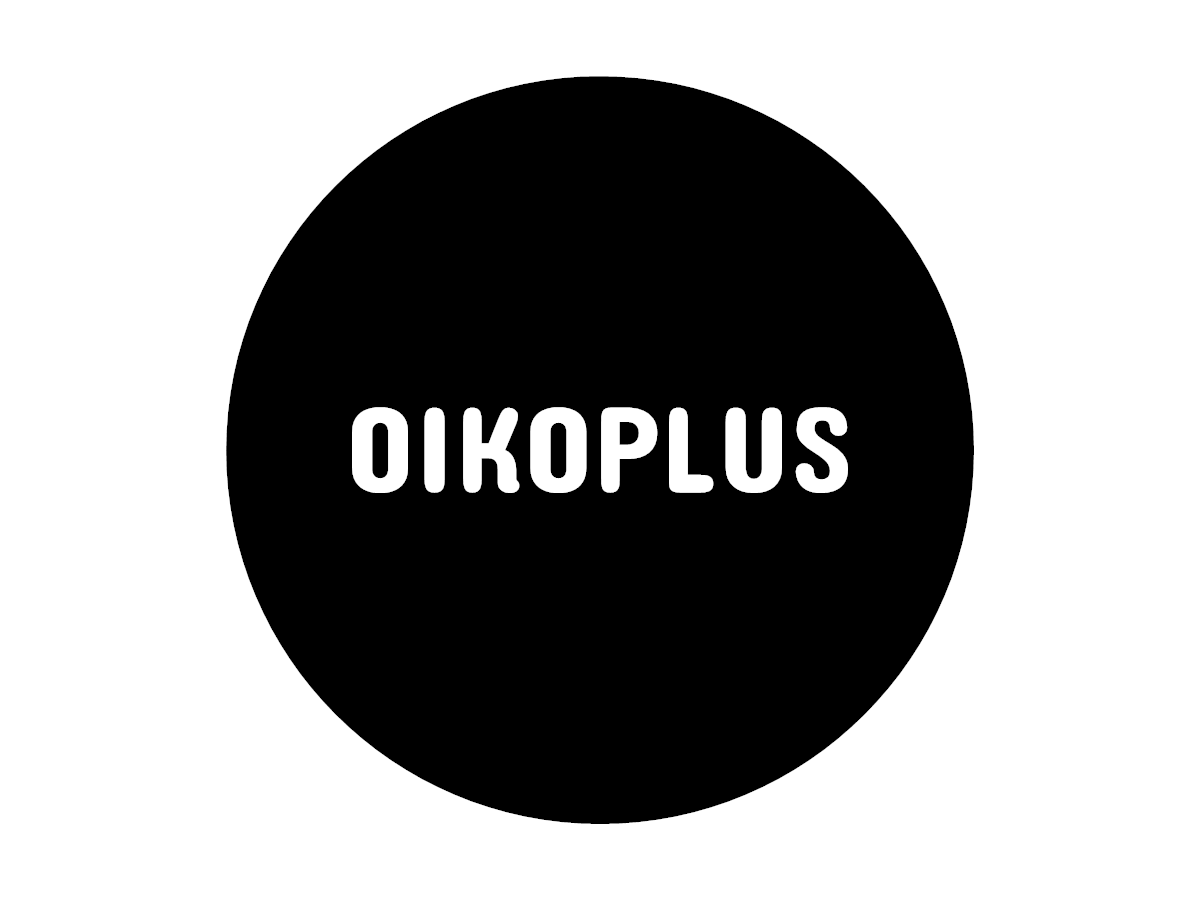In this rather short reading list, we address the question of whether there are ethical standards that science communication should adhere to. A simple answer is: yes, of course. On closer examination, however, the question is not so trivial. For debates about ethical issues are omnipresent in science as well as in the communication industry. The laws of the communications industry do not apply to science. Scientific standards do not apply to the communications industry. In practice, this not-so-small difference became clear at the beginning of the Corona pandemic, when the government of the German state of North Rhine-Westphalia commissioned a study and this was then exploited to the maximum by a professional PR agency, possibly also leaving the interpretation of the scientific results to the PR agency. The case is summarised in a (German) article by KOM- Magazin für Kommunikation.
The Good Scientific Practice
The high standards it sets for itself in the production of knowledge make research become science. These standards of scientific work include transparency and the reproducibility of its methods as well as aspects such as honesty, accountability and reliability. In sum, adherence to scientific standards leads to Good Scientific Practice. Scientific standards are the answer to the question of how research must be conducted in order to be recognised as science. They ensure that scientific knowledge is distinguishable from empirical knowledge, anecdotal knowledge, mere tradition or religious knowledge. They ensure scientific integrity. A comprehensive definition of these standards can be found in the European Code of Conduct for Research Integrity.
Constant Self-Assessment
However, Good Scientific Practice alone is not necessarily sufficient to also meet ethical standards. Good scientific practice answers the question of how research is to be conducted in order to have integrity. Ethical standards also touch on the question of what should or should not be done in research. This involves the role of human and animal test subjects in research, the handling of personal data, from photos to the individual human genome. When it comes to the question of ethics in science, many research institutions rely on the constant self-assessment of researchers. The European Commission provides guidelines for the implementation of such self-assessments in EU-funded projects.
The Good Science-PR
All this concerns science. But what about ethics in science communication? Are there also standards and criteria for good science PR and dissemination, or even for the ethically correct SciComm? To put it in a nutshell: Yes, there are such standards, e.g. set up in 2016 by Wissenschaft im Dialog and the German Federal Association of University Communication (Bundesverband Hochschulkommunikation). They can be found here.


